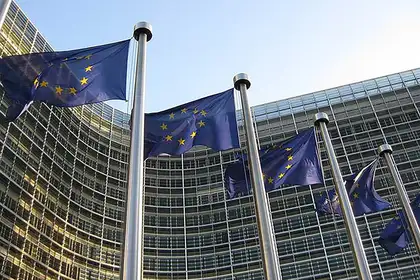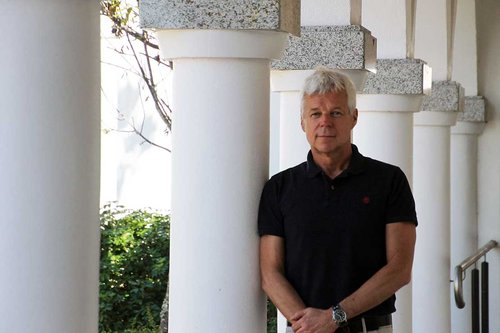
A visiting professor to Massey University will discuss some of the “megatrends” transforming industrial relations in Europe at the Massey Business School’s first ‘Business after 5’ event for 2019.
Professor Christian Welz, a senior research manager at European Union agency Eurofound, will outline the industrial and social changes that have led to a decline in collective bargaining, or “social dialogue”, in the wake of the Global Financial Crisis.
Professor Welz says social dialogue, which occurs when trade unions and employer organisations, often in collaboration with government, solve work-related issues through negotiaton, has been a key element of the European economy for three decades. However, the level of social dialogue can vary significantly between EU member states, and there has been a general trend away from centralised collective bargaining across the board.
“This megatrend has been in play for quite a while,” he says, “but that process was accelerated by the Global Financial Crisis. Of course, Brexit has brought a new period of turbulence, and it is hard to say with any certainty how this will affect industrial relations both within the EU and in Britain.”

The benefits of social dialogue
Professor Welz says the decline in social dialogue has eroded protections for workers in the countries worst affected by the crisis, and his most recent Eurofound research has attempted to measure the outputs of countries with different industrial relations systems.
“The results of this study show that those countries performing best in social dialogue are also top of the table in terms of social justice, decent work and competitiveness,” he says.
“The research results indicate there are many advantages to co-regulating the employment relationship. Collective negotiations between employers and employees makes them social partners, and it’s something that we advocate at Eurofound as a way of improving living and working conditions.”
While he admits his local knowledge is still limited, Professor Welz says New Zealand’s industrial relations system probably sits alongside Britain on the social dialogue continuum.
“In Europe, nations like Germany, Austria and Sweden have a long history of collective bargaining, but then, at the other end of the scale, are the newer member states from Eastern Europe,” he says. “Britain sits somewhere in between after jointing the EU in 1973. I suspect countries like New Zealand, which have shared history, would be rather similar in terms of social dialogue.”
One of his research objectives while visiting New Zealand is to partner with local academics to measure the level of social dialogue here. “That will allow New Zealand to compare its industrial relations landscape to other countries around the world – and to learn how other approaches may be of benefit.”
Professor Christian Welz’s presentation at the Massey Business School’s ‘Business after 5’ event is titled: Brexit, voice and loyalty: European social dialogue in turbulent times. The lecture is free and open to the public.
Event details:
Venue: Massey Business School Building, Massey University Auckland campus, Gate 1, Albany Expressway
Date: Tuesday, February 26, 2019
Time: From 5pm, for a 5.30pm presentation
Register: https://masseyuni.wufoo.com/forms/mbs-business-after-5/